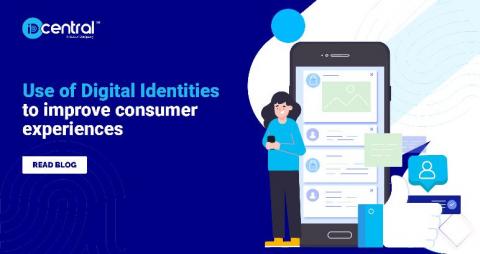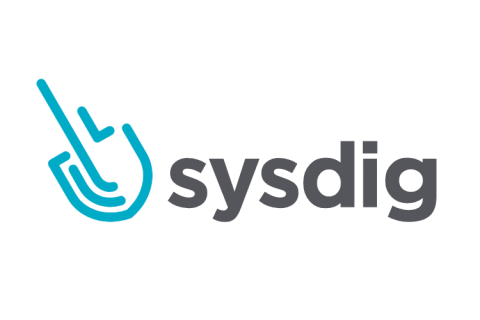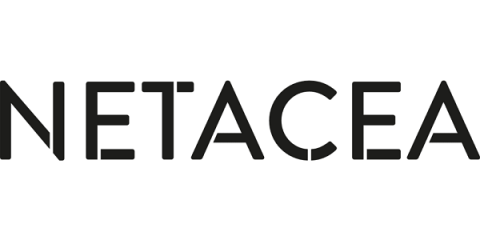3 Zones that Require Network Security for Industrial Remote Access
By now, we have a good understanding of what secure remote access (SRA) is and why organizations might choose to enable it for their OT environments. We also know that securing IT-OT collaboration, leveraging guidance from best practice frameworks and using an automated solution can help organizations to implement this type of access. Even so, we still don’t have a detailed view of how to implement industrial remote access in practice.










